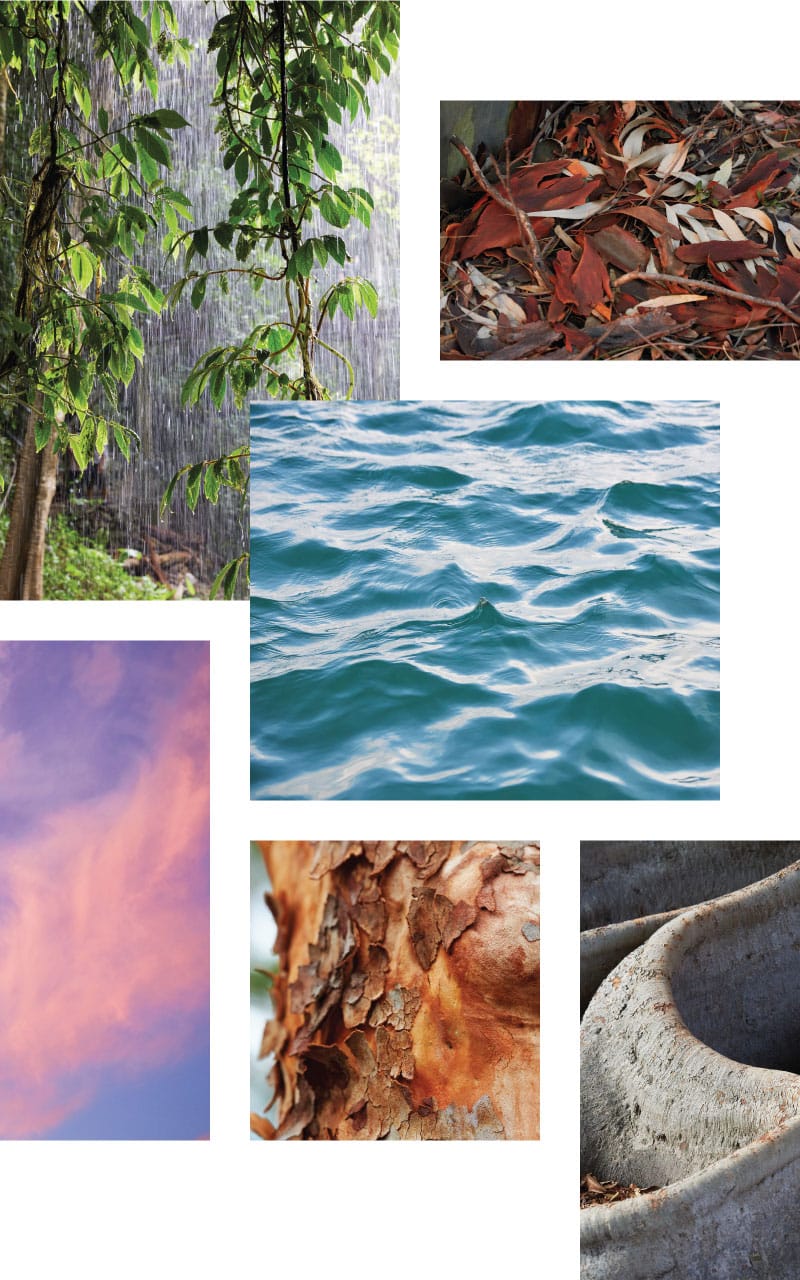Our journey:
What we heard
From the outset, our journey to develop Looking Ahead was grounded in a desire to understand what our staff, students and communities want and need us to be.
As an anchoring institution in regional Australia, we have sought to align our priorities and direction with those of government, business and the community around us, from the local perspective through to a global view.
We reflected on our previous strategic plan - New Futures - identifying our strengths, celebrating our successes and ensuring that we roll forward key aspects of the plan into our new strategy.
We also considered where the pressures, challenges and opportunities may lie over the next decade for our University. In an increasingly connected and digital world, developments outside of higher education are becoming as important as those within, if not more so.
Consultation for Looking Ahead took several months, spanning all of our stakeholder groups, and included surveys, town hall forums, focus groups, targeted interviews, a discussion paper, community pop-ups, a presence at University events, and a feedback portal.
We had more than 4,500 unique interactions with our stakeholders. Those we consulted included staff, students, leaders in the business community, civic leaders, the not-for-profit sector, Indigenous organisations and members of the public, as well as members of our 150,000-strong global alumni community whose voices are represented across these stakeholder groups.
Our communities spoke, and we listened
Our students, both current and prospective, told us that while getting a job was a primary motivation for attending university, they were most concerned with our institution delivering action on climate change and being environmentally sustainable.
Our staff emphasised the importance of delivering a first-rate student experience both within courses but also across our physical and digital environments. They believe we should continue to be a strong, research-intensive university. They also want our organisation to be more risk-tolerant and innovative, to have a stronger culture of collaboration and performance, and to retain and grow our strong tradition in Indigenous education and engagement.
Our local communities said they are proud to have a university of our global standing in their regions. They want greater visibility of the positive contributions that we make. They want to have more reasons to come to our campuses and engage with our activities and events. Overwhelmingly, our communities expect us to be local, national and global leaders in climate change and environmental sustainability.
Our civic leaders consistently spoke of entrenched inequality or disadvantage within our regions. While the specific issues differed, they were united in their view that more work must be done to ensure all people in our communities have the opportunity to lead healthy, fulfilling and dignified lives. They want the University to be a catalyst for job creation and transformation, as well as help break cycles of intergenerational disadvantage.
Our Indigenous partners spoke of the long and deep history that their people have with the Hunter and Central Coast regions and, more recently, with the University of Newcastle. There is a strong desire for this deep connection to continue, and for our University to intensify its already considerable efforts in improving outcomes and creating opportunities for the community.
The business community praised our graduates, and emphasised the need for them to be work-ready as they enter the workforce. They spoke of well-rounded graduates who have not only the technical skills to excel in a given field, but also the communication, leadership and interpersonal qualities that enable them to succeed in a contemporary economy. The business community understands that partnering in innovation with our University will be important for the future prosperity of our regions.
The not-for-profit and community sector spoke of a desire to better engage with the University, to be able to use our spaces and places, and for our graduates to not only be work-ready, but also community-minded with a sense of responsibility for those around them.
All of these perspectives have been invaluable in shaping Looking Ahead.

The University of Newcastle acknowledges the traditional custodians of the lands within our footprint areas: Awabakal, Darkinjung, Biripai, Worimi, Wonnarua, and Eora Nations. We also pay respect to the wisdom of our Elders past and present.